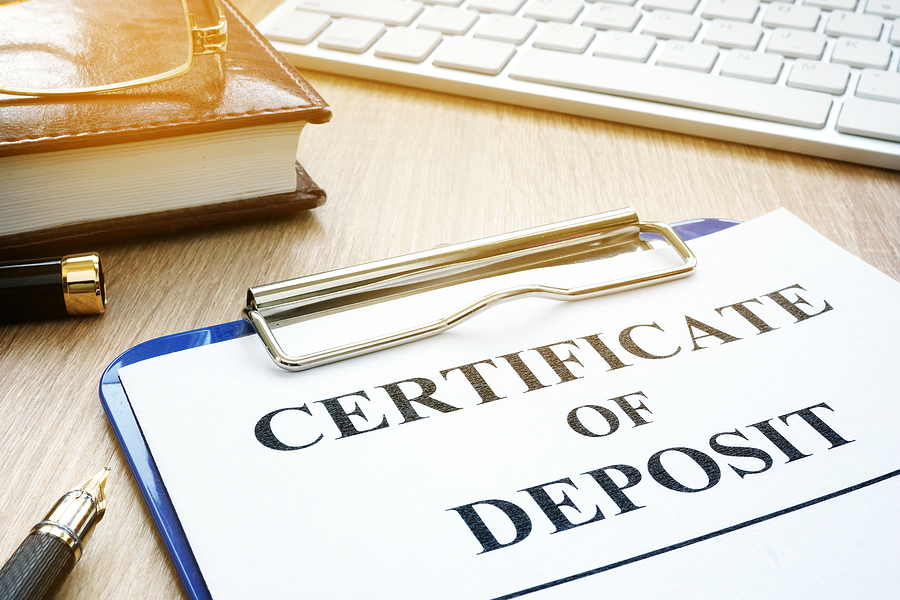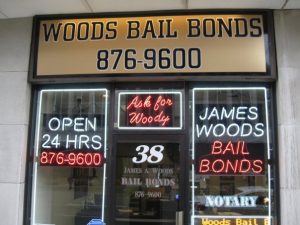When a loved one is arrested, the primary concern is securing their release from jail as quickly as possible. In Indiana, this often involves posting bail, a financial guarantee that the defendant will return for their court dates. For many, the bail amount is too high to pay outright, which is where a bail bond company can help. However, securing a bail bond often requires something in return: collateral.
Understanding bail bond collateral is essential for anyone navigating the legal system. It’s a significant financial decision that carries both benefits and risks. This guide will walk you through what collateral is, how it works in Indiana, and what you need to consider before making this commitment. Making an informed choice can provide peace of mind during a stressful time.

What is Bail Bond Collateral?
Collateral is an asset of value that you pledge to a bail bond company to secure a bail bond. Think of it as a form of insurance for the bail bondsman. The bail bond company pays the full bail amount to the court on your behalf, and in return, you pay them a non-refundable fee, known as the bail bond premium.
The collateral serves as a guarantee that the bail bond agency won’t lose the entire bail amount if the defendant fails to appear in court. If the defendant misses their court date, the court can forfeit the bond, and the bail bond company becomes responsible for paying the full bail amount. In this scenario, they can seize the collateral you pledged to cover their loss. This arrangement underscores the importance of the defendant attending all required court appearances.
Types of Collateral Accepted for Bail Bonds
Bail bondsmen in Indiana accept various forms of collateral, depending on the bond amount and the company’s policies. The value of the collateral must typically be sufficient to cover the full bail amount.
Commonly accepted types of collateral include:
Real Estate (Property Bond)
This is one of the most common forms of collateral for large bail bonds. If you own a home or land, you can use the equity in your property. Indiana law specifically allows for property bonds, but the property must be located within the state and have minimal liens against it. For example, a homeowner might use their house to secure a $50,000 bond for a family member, understanding they risk foreclosure if the defendant absconds.
Vehicles
The title to a car, truck, motorcycle, or boat can be used as collateral. The vehicle should be paid off or have significant equity. A family could use a car title for a $10,000 bond, knowing the vehicle could be repossessed if the defendant fails to appear.
Cash or Savings
You can provide the full collateral amount in cash or pledge funds from a savings account or certificate of deposit (CD). A retiree might use a portion of their savings, balancing their financial security with the need to help a loved one.
Valuable Personal Property
Items of significant value, such as jewelry, firearms, or high-end electronics, may also be accepted. A young professional could use a valuable piece of jewelry, which will be returned once the case is concluded and all court dates have been met.
Business Assets
Business owners might pledge equipment, inventory, or other business assets. This carries the risk of impacting their livelihood if the collateral is seized.
Contact Us for a Free Bail Quote
How the Collateral Process Works
Using collateral for a bail bond involves several key steps, all of which should be outlined in the bail bond agreement.
Valuation and Agreement
The bail bond agency will assess the value of the proposed collateral to ensure it covers the bail amount. Once an asset is agreed upon, you will sign a contract that details the terms, including the conditions for the collateral’s return and the consequences of forfeiture.
Securing the Collateral
Depending on the type of asset, the bail bondsman will take legal steps to secure it. For a property bond, this may involve placing a lien on the property. For a vehicle, they will hold the title. For personal items, they will take physical possession.
Posting the Bond
After the bail bond premium is paid and the collateral is secured, the bail bondsman will post the bond with the court, and the defendant will be released from custody.
Return of Collateral
Once the defendant has attended all court appearances and the case is resolved (regardless of the verdict), the judge will exonerate the bond. The bail bond company will then return your collateral. This process can take a few weeks to a couple of months after the case concludes.
Understanding the Risks of Using Collateral
Pledging collateral is a serious commitment with significant risks. The primary risk is losing your asset. If the defendant fails to appear in court, the bail bond company has the legal right to seize and sell your collateral to recoup the full bail amount they paid.
Before signing a bail bond agreement, it’s crucial to have a frank conversation with the defendant about the importance of attending every single court date. Ensure they understand that your home, car, or savings are on the line. Responsible bail bond companies will emphasize this point and ensure all parties understand their obligations.
Alternatives if You Don’t Have Collateral
What if you don’t have enough assets to use as collateral? Fortunately, there are other options available.
Co-Signer (Indemnitor)
A friend or family member with a stable job and good credit can co-sign the bail bond. This person, known as an indemnitor, assumes financial responsibility if the defendant fails to appear. Their credit and financial stability act as the guarantee instead of a physical asset.
Payment Plans
For the non-refundable bail bond premium, many agencies offer flexible bail bond payment plans. This can make the upfront cost more manageable. While this doesn’t replace the need for collateral on larger bonds, it can help ease the immediate financial burden.
Signature Bonds
In some cases, a bail bondsman may offer a “signature bond” for smaller bail amounts if the co-signer has a strong credit history and stable employment. In this arrangement, no physical collateral is required—only the co-signer’s signature and promise to pay.
Frequently Asked Questions
What happens to the collateral if the defendant attends all court dates?
If the defendant complies with all court requirements, the bail bond is dissolved at the end of the case. The bail bond company will then release the lien on your property or return your assets in full.
Can someone else use their property as collateral for my bail bond?
Yes, a friend, family member, or anyone willing to help can pledge their assets as collateral on behalf of the defendant. They will become a party to the bail bond agreement and assume the associated risks.
Is there a way to get the collateral back before the case is over?
Generally, no. The collateral is held by the bail bond company as security for the entire duration of the legal case. It can only be returned once the court has officially exonerated the bond.
What fees are associated with using collateral?
Aside from the non-refundable bail bond premium (typically 10% of the bail amount in Indiana), there may be fees for appraisal, lien filing, or storage of physical assets. These should be clearly disclosed in your contract.
Can I use out-of-state property as collateral in Indiana?
No. Under Indiana law, if you are using real estate for a property bond, the property must be located within the state of Indiana.
RECAP & Next Steps
Dealing with an arrest is incredibly stressful, and the bail bond process can seem daunting. By understanding how bail bond collateral works, you can make an empowered decision that is right for your family. Always work with a licensed and regulated bail bond company in Indiana, read every part of the bail bond agreement carefully, and never hesitate to ask questions.
If you or a loved one needs assistance with bail in Northern, Central, or Southern Indiana, we are here to help guide you through the process with clarity and compassion. Contact Woods Bail Bonds today for confidential and professional support.
Related Post: Here is What You Want to Know About Collateral Bail Bonds



